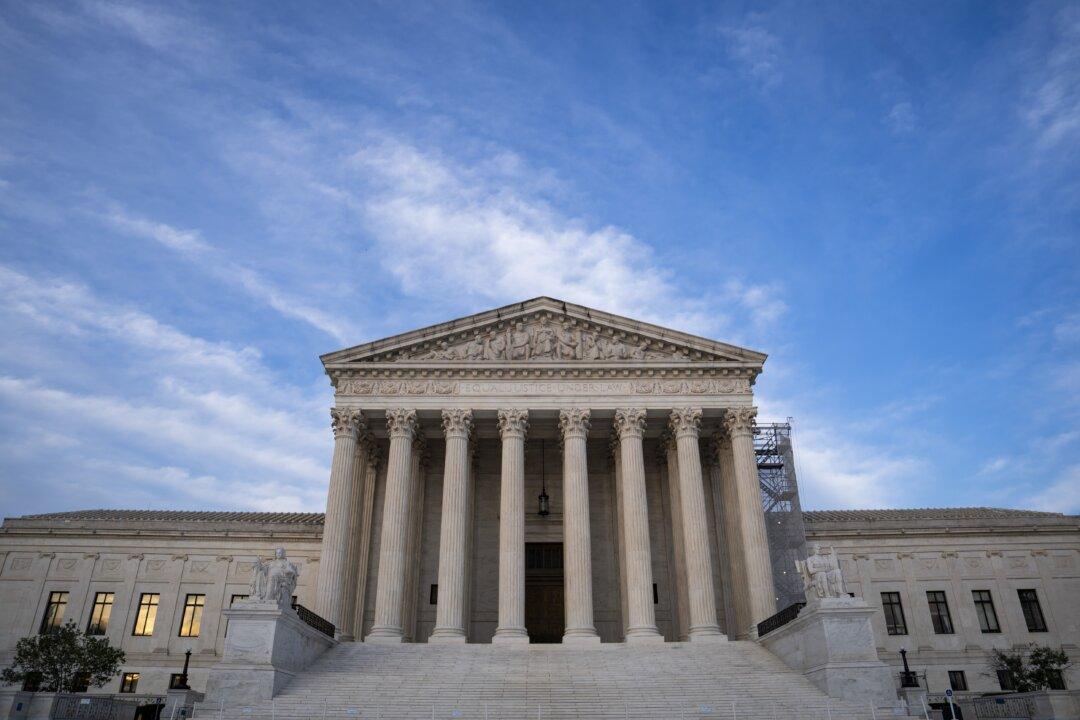The Supreme Court declined on July 2 to take up several Second Amendment-based challenges to an Illinois law that prohibits so-called assault weapons such as the popular AR-15 rifle.
The ruling means that the Illinois law will remain on the books.

The Supreme Court declined on July 2 to take up several Second Amendment-based challenges to an Illinois law that prohibits so-called assault weapons such as the popular AR-15 rifle.
The ruling means that the Illinois law will remain on the books.